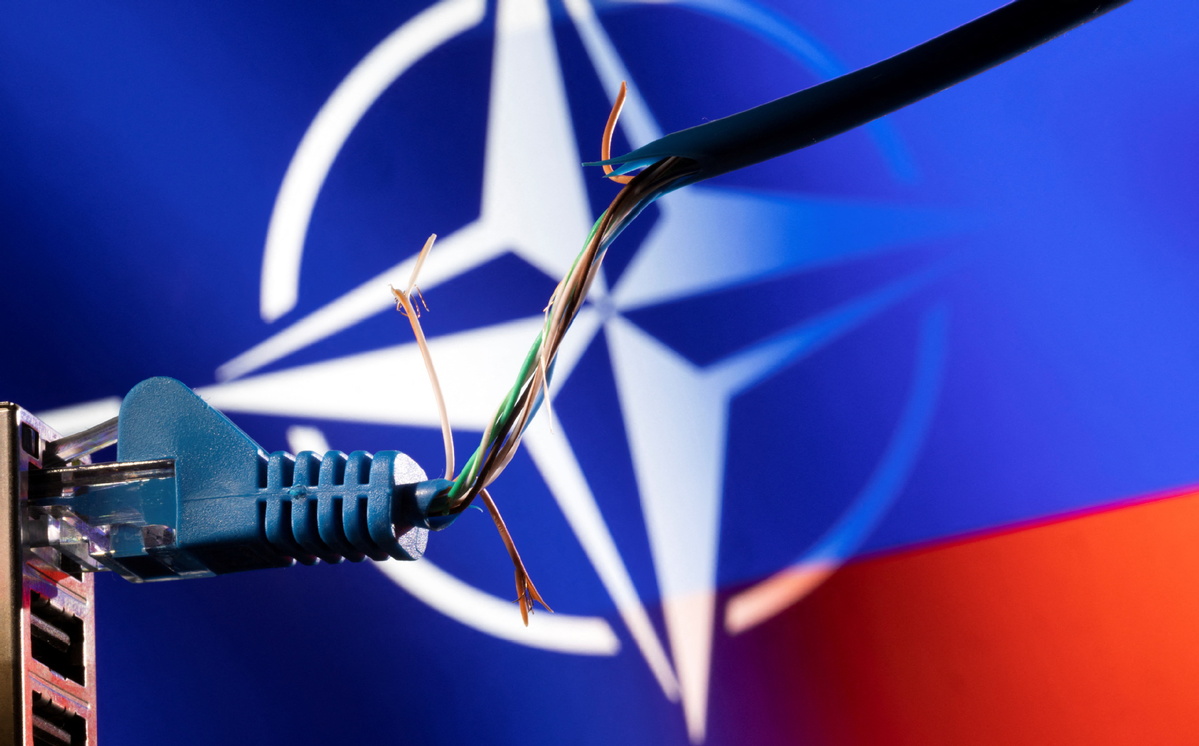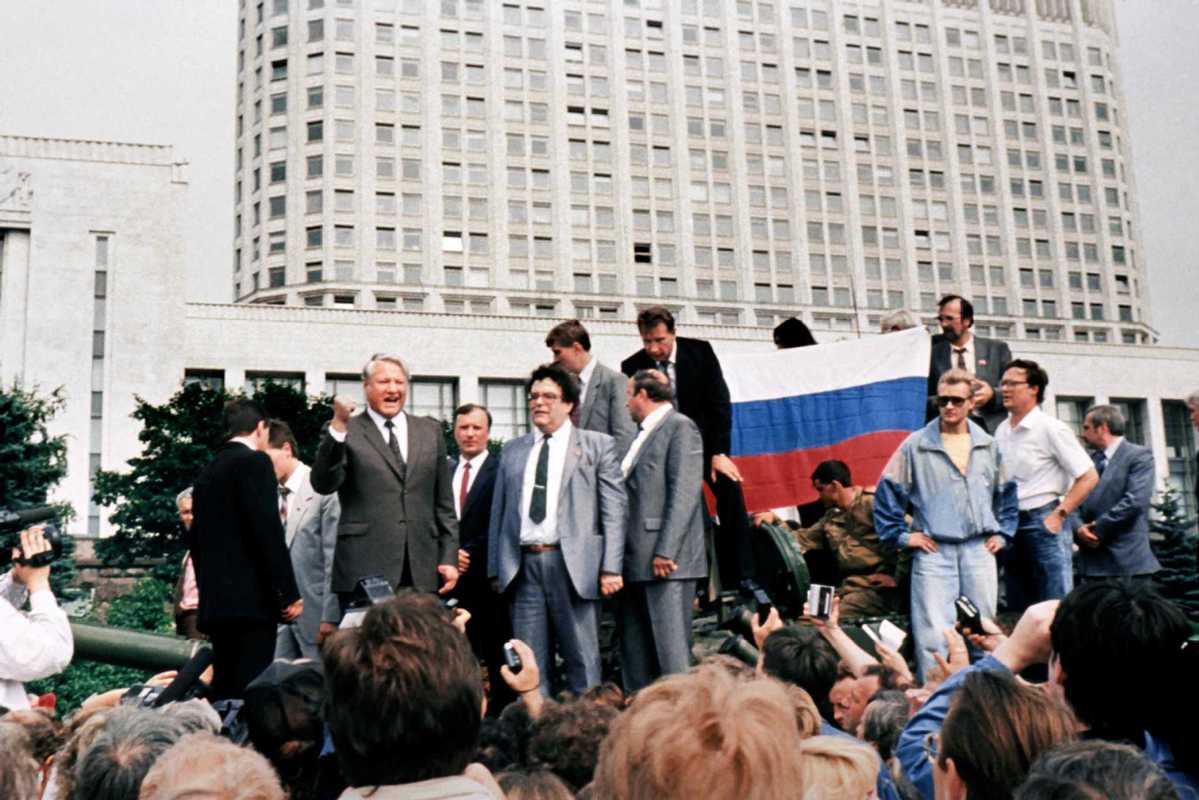NATO's missed opportunity: How US has failed to incorporate Russia into a Pan-Europe system -- expert


BEIJING -- The relations between Russia and the North Atlantic Treaty Organization (NATO) in the past 30 years have experienced a downward spiral from honeymoon to spat, from detente to bickering, and from new cold war to quasi-hot war, an expert has told Xinhua recently.
The dramatic change in their relations is not just the epitome of the drastic shifts in Russia's identity orientation and foreign policy, but of expanding American clout over former Warsaw Pact countries in the post-Cold War era, said Kang Jie, an associate research fellow at the China Institute of International Studies.
Thirty years ago, a newly independent Russia tried to seek NATO membership, but was met by the George H.W. Bush administration's promise of not one inch eastward of NATO expansion.
Despite no direct engagement, Russia is now in an all but hot war with NATO amid its military conflict with Ukraine, Kang said.
FANTASIES (1991-1993)

Before the collapse of the Soviet Union, then Russian leader Boris Yeltsin once told the United States and NATO that cooperation with the only Western military alliance was an integral part of Russian security, and called NATO membership a "long-term political aim" of Russia.
Russia followed a liberal internationalism after its independence. Then Russian Foreign Minister Andrei Kozyrev wrote in NATO Review, the alliance's official magazine, that "we see NATO nations as our natural friends and in future as allies."
Then US President George H.W. Bush made repeated statements that Russia would be granted entry into NATO as long as it undertook reforms.
































